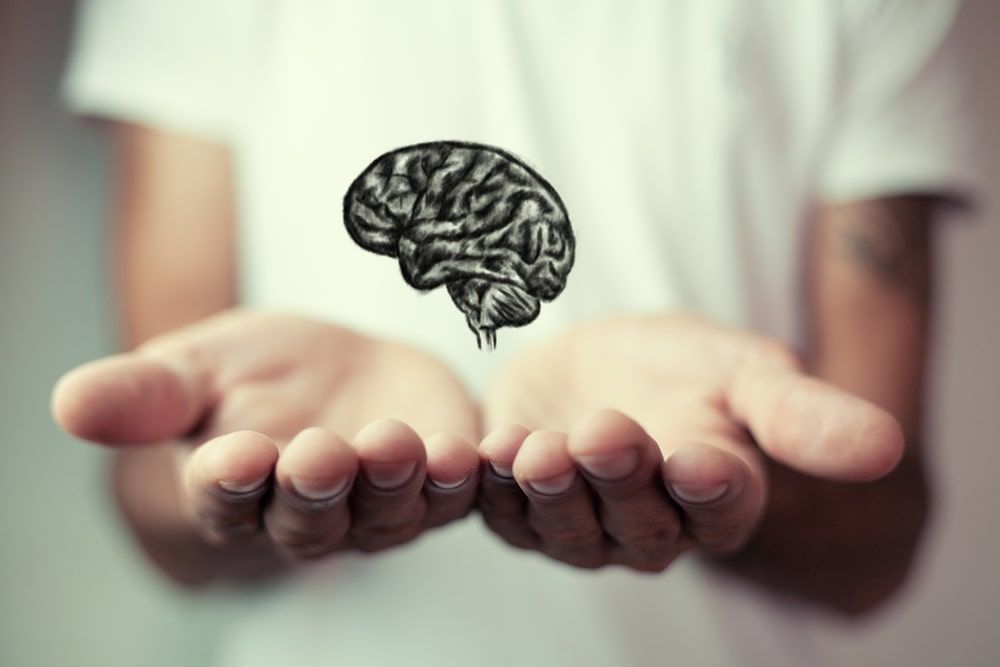Many patients at Intensive Treatment Systems (ITS) enter treatment expecting to feel better after stopping their illicit opiate use, however, what they sometimes experience is an increase in depression and anxiety once they have stopped using heroin or pain pills and are stabilized on methadone. What is the reason for this seeming worsening of a patient’s mental health condition once in treatment? The answer lies in the understanding that drug use disorders often co-occur with mental health issues. Many patients affected with substance use disorder are unaware of the mental health issues they may be experiencing. Their drug use may be masking and “treating” symptoms of depression, anxiety, bi-polar disorder, or schizophrenia. This is what is commonly referred to as “self-medicating.”
It is important for patients to understand this concept of self-medicating in order to understand some of the underlying reasons for drug use, as many people may switch to using additional substances once they have stopped using opiates, in an effort to effect the underlying symptoms of depression, anxiety, mania, or psychosis. In addition, many people use substances to treat psychosocial issues such as loneliness, boredom, stress, anger, grief, which are also important to identify and address in an effective way. Vicky Dramaretska, P.A.-C. at ITS also notes that many patients she sees who experience mental health issues have had history of neglect, abuse (physical and psychological), family history of psychiatric disorder, and family history of substance use which affect a patient’s development of mental health issues. ITS recommends that patients work with their counselors in the program to identify self-medicating patterns, to develop appropriate coping skills for dealing with psychosocial stressors, and to obtain referral for an outside mental health specialist to address any trauma or family history issues that may currently be impacting the patient.
The National Institute on Drug Abuse (NIDA) indicates that brain chemistry plays an important role in the development of both mental illness and substance use disorders. According to NIDA, “Some areas of the brain are affected by both drug use disorders and other mental illnesses. For example, the circuits in the brain that use the neurotransmitter dopamine–a chemical that carries messages from one neuron to another– are typically affected by addictive substances and may also be involved in depression, schizophrenia, and other psychiatric disorders.
Indeed, some antidepressants and essentially all antipsychotic medications directly target the regulation of dopamine in this system, whereas others may have indirect effects. Importantly, dopamine pathways have also been implicated in the way in which stress can increase vulnerability to drug addiction. Stress is also a known risk factor for a range of mental disorders and therefore provides one likely common neurobiological link between the disease processes of addiction and those of other mental disorders.” Understanding this connection between brain chemistry and mental health issues and substance use disorders is essential in identifying the most effective treatment for both. If you are experiencing any mental health symptoms, please consult with your counselor who can guide you to the appropriate resource for effective treatment. ITS recommends psychiatric evaluation for any patient who is being affected by co-occurring issues.
In addition to consulting with your counselor, Mercy Maricopa Integrated Care Customer Service, 1-800- 564-5465, can provide direct referral for mental health services.

